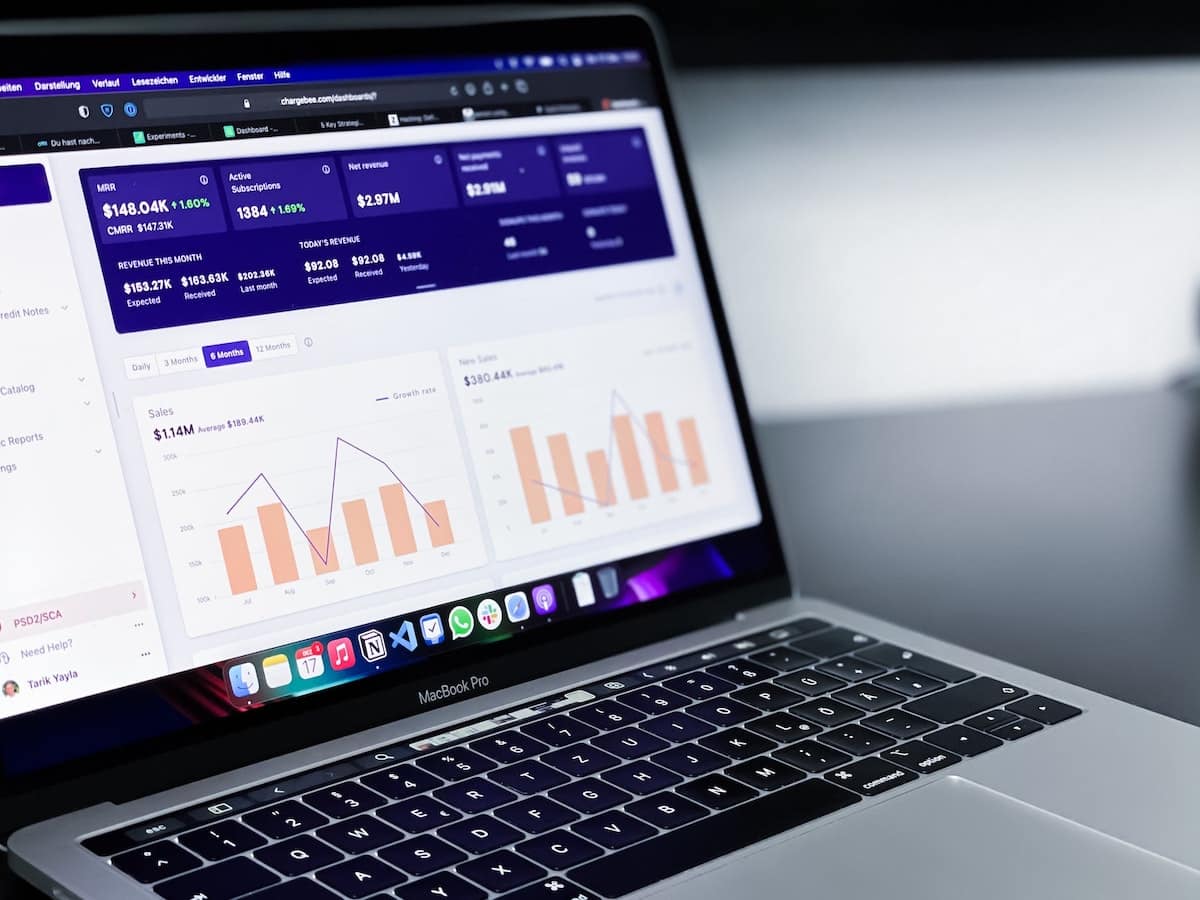Compared with the past years, now it is much easier for companies to judge their market and understand how their products or services perform compared to substitute products. All this is possible because of the evolution of business analytics.
In a market where the competition uses a variety of analytical tools and strategies to promote optimal performance, businesses won’t be able to survive without good data use and dedicated analytics staff. Business analytics is now a crucial component of performance management and business operations. Today, businesses use the services of qualified business analysts to acquire a competitive edge in the market.
The concept of business analytics has existed for years, even without the sophisticated tools and techniques available today. Smart business people used to research things using customer success survey and customer feedback to determine what compelled consumers to purchase and use products repeatedly. All of this required human labor and was time-consuming. When tools for complex business analytics were gradually incorporated into our culture, this was radically altered. Later generations of business analysts followed these and irrevocably altered the analysis world. Throughout the world, businesses have embraced the development of business analytics.
This blog will discuss how business analytics evolves. What will be its career scope if you are expecting to make a career in business analytics by joining data analytics courses online.
Evolution of Business Analytics
Business analytics has recently developed a more sophisticated set of tools and methodologies with the help of automation and big data. Business analytics was once exclusively employed by a selected few corporate sectors that were exclusively connected to the largest MNCs. The first corporate computing applications were building reports, giving presentations, and entering data using programs like Microsoft Excel. The use of Excel add-ons like PowerPivot was later seen in more complex applications incorporating multi-dimensional data processing and analytics. The highly regarded Gartner company, which calls for business intelligence, had a long way to go before it reached this point.
As soon as the idea of BI was presented to the market, businesses all over the world clamored for an action. BI helped businesses gain insightful data by evaluating business performance using various digital tools, technologies, and measurements such as Tableau, SAS, and Microsoft Power BI to assist their business processes. These tools enable organizations in better-informed decision-making. With the evolution of BI, ideas like web questions, collaboration, data security, and data sourcing from databases and distributed file systems also gained widespread acceptance.
From that point, business analytics were being utilized by medium-sized and much smaller businesses in addition to huge MNCs and conglomerates. Through developing research models, design models, and simulators, analytics steps into a new era in which businesses could utilize data to forecast and predict future outcomes more precisely than ever.
History of Business Analytics
Analytics and visualizations have been utilized for centuries before the involvement of computers and software. This was accomplished by manually recording data and generating graphs using statistical techniques. Compared to the business analytics we are familiar with, this was different.
The more advanced business analytics wasn’t used until much later in the 20th century, during the Second World War, to spot trends. By seeing patterns, code-breakers could decipher the contents of encrypted messages by using information from the origin of messages, destination (the recipients), and time and date. This is a relatively recent application of analytics to information prediction. However, we have also observed the usage of business analytics earlier in business history.
Recent Evolution in Business Analytics
The introduction of automation in analytics and the idea of big data are primarily responsible for the current evolution of business analytics. With the emergence of big data, numerous data sources have become more powerful and scalable due to the introduction of increasingly sophisticated tools and systems that work with massive amounts of data.
Data was also no longer required to be present in hardcopies because of the development of cloud technology. Due to a significant amount of data that needed to be processed at this point, automating analytical tools was also in high demand. This encouraged businesses to upgrade their current software into more robust programs that can quickly process large datasets from various sources, including the cloud and distributed file systems.
With the help of contemporary business analytics, business analysts were also now equipped with predictive and forecasting skills that were more precise than ever. Businesses only started to realize the value of data analytics at this point. All such technologies were already available, but the industry’s expanding need propelled companies of all sizes to begin integrating data analytics into routine business activities.
Scope & Future of Business Analytics
Due to the massive evolution of technology, we produce a vast amount of data daily. As we mentioned earlier, companies now understand the importance of data to thrive in the market. The data we generate is in amorphous form, and there is a need for a professional in almost every organization to extract meaningful insights from the data and help the organization in quick decision-making.
It is evident that using business analytics will enhance a website’s performance, business, product, or service. Hence, there is a massive scope in the business analytics field.
Conclusion
Individuals looking to make a tremendous career in business analytics must join a certification program before joining the industry to equip them with relevant skills and knowledge. Hero Vired is an online platform providing various courses in the domain of business, such as business intelligence course and business analytics courses online. This platform also provides part-time courses for working professionals who are already enrolled in some kind of work and want to get promotions by upgrading their skills. Although business analytics has gone a long way, it is still a great idea to take an Excel course online to build your skills as a business analyst.


